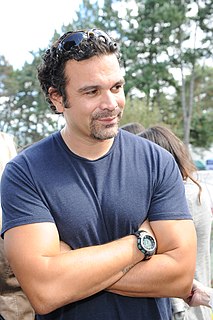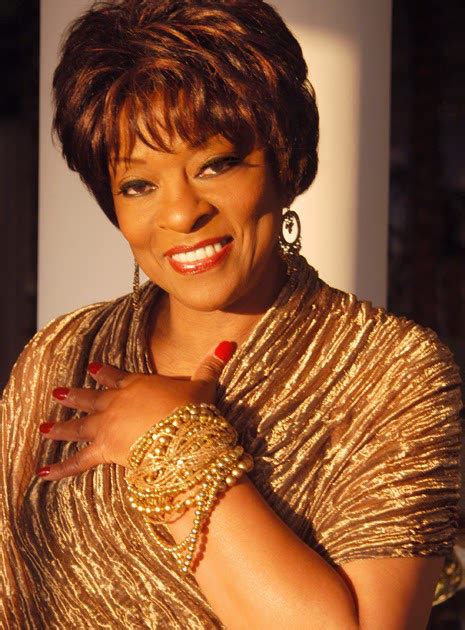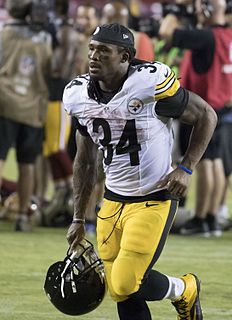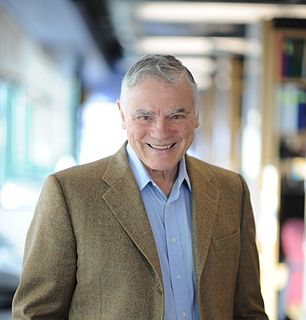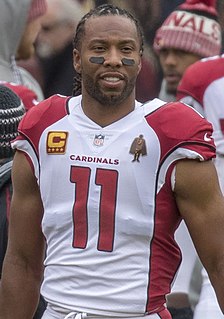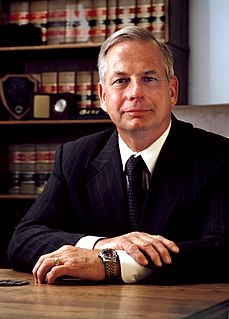A Quote by Ricardo Antonio Chavira
I have experienced firsthand the tremendous impact breast cancer has on the women who fight it and the loved ones who support them. This is a disease that catches you unaware and, without the right resources, leaves you feeling frightened and alone.
Related Quotes
I would tell a newly diagnosed young woman that breast cancer is a complex disease which can be frightening and confusing, and it's normal to experience these emotions, and having a good support system is important. Be an active participant in your treatment, follow your doctor's instructions and ask questions. Also, I would tell her that there have been many advances in breast cancer and women are now living much longer.
Since the fright of breast cancer hit our family, I have been surprised by how many people are dealing with breast cancer in their own family or with a loved one. One friend bluntly told me that she has been through it with her sister, her mom, and her grandmother, and all are healthy and mentally stronger because of the disease.
I joined forces with the American Cancer Society in 2010 as a spokesperson for the N.F.L.'s 'A Crucial Catch' campaign, which benefits the American Cancer Society. This was important to me because I lost my mother to breast cancer, and I have always felt a strong commitment to doing all I can to fight this disease.
